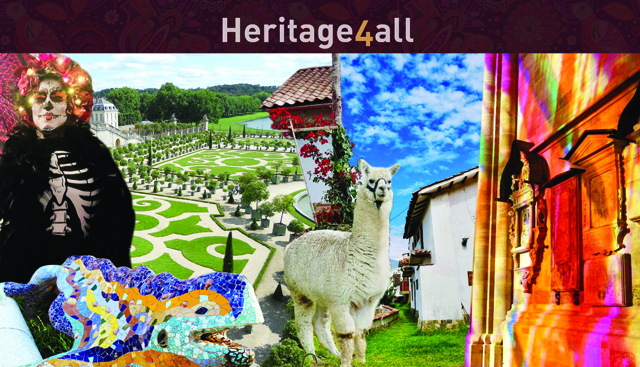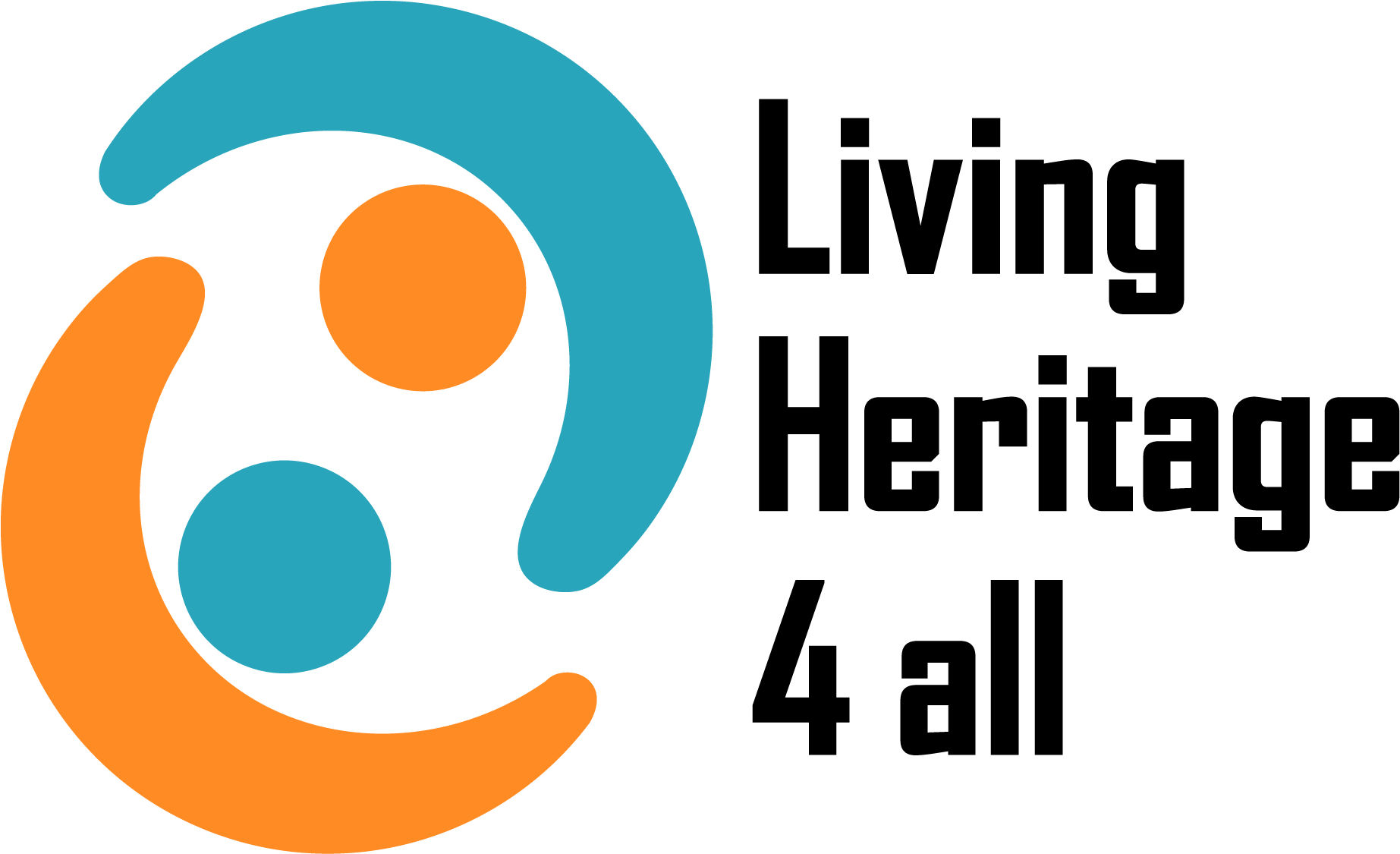
According to the latest Eurostat data, millions of Europeans are still on the side-lines, both from the labour market and from social inclusion and integration. 21.9% of the whole EU population are at risk of poverty or social exclusion (e.g. Bulgaria 32.8%, Greece 31.8%, Latvia 28.4%, Cyprus 23.9%, Poland 18.9%, Germany 18.7% in 2018). Youth, the elderly, people with disabilities, migrants and national minorities, among others, are often insufficiently engaged in the societal and cultural processes. These groups have lower access to training and cultural activities, as it requires financial resources, information about the opportunities and many times also encouragement to participate. In European Union, only 11.1 % of adults participate in lifelong learning (e.g. Bulgaria 2.5%, Greece 4.5%, Poland 5.7%, Latvia 6.7%, Cyprus 6.7%, Germany 8.2% in 2018).
Whilst cultural heritage has been defined as something inherited from the past, it is in many ways a contemporary and “living” cultural resource in Europe. Both the preservation and valorisation of cultural heritage open up considerable opportunities for local and regional development. Cultural heritage features an important intrinsic and societal value. In its tangible and intangible manifestations, heritage is crucial for local identity as promoting shared understanding and sense of community with positive impacts on social cohesion. Cultural heritage can play a relevant role in promoting citizens’ participation and heritage-based participatory processes in cities and regions, thus promoting new models of multi-stakeholder governance. Cultural heritage is also particularly relevant when it comes to promote intergenerational dialogue and lifelong learning. Supporting and mobilising local actors facilitating society integration and social inclusion through the accessibility of cultural heritage will lead to an inclusive growth with a well-functioning democratic, inclusive society based on solidarity and equal access to culture and related services.
The project is connected to the European Year of Cultural Heritage (2018). According to Eurobarometer survey, 8 out of 10 Europeans believe that cultural heritage is important, not only to them personally, but also to their community, region, country and the EU as a whole. A very large majority take pride in cultural heritage, whether it is located in their own region or country, or in another European country. Throughout 2018 and beyond, thousands of initiatives and events across Europe allow citizens from all backgrounds to explore Europe's rich cultural diversity and to reflect on how to preserve it for future generations.
The objectives of the project are:
- To increased accessibility of training to vulnerable groups;
- To enhanced opportunities to explore European cultural heritage to vulnerable groups;
- To motivate and empower people from vulnerable groups via new training opportunities in the field of European cultural heritage.
The operational objectives of the project are:
- To produce a comparative study on the traditional festivals and foods or activities related to these events in each country/region;
- To create a collections of workshops presenting the cultural heritage of each country and providing an opportunity to explore European cultural heritage for everyone;
- To develop a trainer's guide including a collection of recommendations and best practises for the promotion of cultural heritage to empower vulnerable groups;
- To create a Heritage4All online learning platform with on-line learning resources;
- To provide training opportunities for adult trainers and adult learners from vulnerable groups.
The target groups of the project are:
- Adult educators, organisations active in the field of cultural activities, organisations active in the field of adult education and training, representatives in the field of social affairs, local, regional and national public authorities and policy makers;
- Final beneficiaries: vulnerable groups of society, including migrants, ethnic minorities, youth, seniors, people from disadvantaged areas, people with disabilities etc.;
- Indirect beneficiaries: local communities.
The project has a real European dimension in its design. The partners are coming from six different European countries and the project has been designed, so that each partner
contributes its experience, expertise and capacity for solving common problems. The transnational collaboration will capitalise the previous adult training experience and competence
of all project partners, thus raising also the added value of previous projects and activities implemented by the project partners. The transnational team will help us to have a European
approach to the adult education by exchanging experiences, best practices and working together to ensure the best quality possible. The joint action in this field will contribute to
mutual openness, respect and support to cultural diversity.

2020-1-LV01-KA204-077529
The European Commission support for the production of this publication does not constitute an endorsement of the contents which reflects the views only of the authors, and the Commission cannot be held responsible for any use which may be made of the information contained therein.
